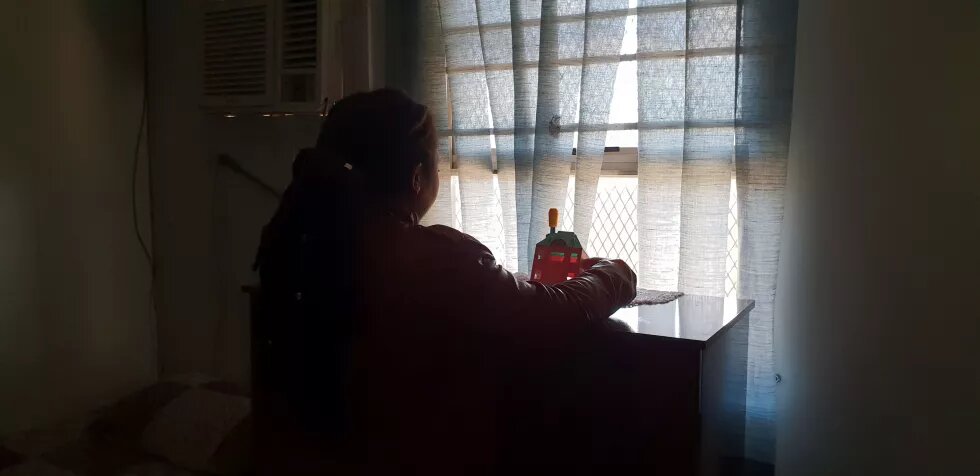New research reveals the Department of Social Development’s dependence on NGO shelters during Covid-19, and their tendency not to provide adequate support and funding despite this reliance.

The first client I got was this woman from Hanover Park. That day … and I think right at the beginning of lockdown, everybody was still unsure about how things were going to work… it took us a day [to place her]” – A community activist who facilitated women’s access to shelters in the Western Cape, interviewed as part of the broader Heinrich Böll Foundation Study
Globally, in times of crisis, gender-based violence tends to escalate, placing increased demand on services for survivors. Disaster is by its very nature disruptive, but the needs of survivors of gender-based violence remain the same.
When the National State of Disaster was declared in March 2020 and the country entered a strict lockdown, gender-based violence activists and service providers in South Africa braced for an expected increase in violence. Women in violent relationships would be locked in their homes with the most common perpetrator of domestic violence in South Africa — a current or former intimate partner. New research launched by the Heinrich Böell Foundation on 2 December 2021 confirms that the demand for shelter services increased dramatically in some provinces, and that all shelters had to adapt to challenging conditions of work.
The report titled Adapting to Disaster: Domestic Violence Shelters and South Africa’s Covid-19 Lockdown is the second in the series focussing on Care and Support in a Time of Epidemic, and it draws on interviews with 27 shelters managed by non-governmental organisations (NGOs) in eight provinces. Shelters were selected from members of the National Shelter Movement (NSM), an umbrella body for shelters across the country, established in 2008.
Most shelter services, like other social care services, are delivered through a partnership between NGOs and the DSD, where the DSD provides subsidy funding either for programmes or posts. Yet, after reading the research, it is difficult not to be left with the question — ‘what would have happened if there had been no NGO-led shelter services at the time the pandemic hit?’
“From a numerical point alone, the availability and accessibility of shelters would have been extremely limited, as NGO shelters provide the overwhelming majority of shelter services in the country,” says Lisa Vetten, research associate at the Southern Centre for Inequality Studies at the University of the Witwatersrand and lead researcher on Adapting to Disaster.
The research provides evidence of the difficult task of providing shelter for the many needy women and children who fled their homes during the Covid-19 lockdown. During the lockdown, the NSM “mobilised rapidly to ensure that shelter services were available, and that staff and beneficiaries kept safe.” In addition, the NSM created new services, establishing a shelter helpline in November 2020 to assist people in accessing care and partnering with Uber to assist with transporting people to shelter.
NGO-led shelters provided these innovative and necessary services, often at great expense to themselves, and without guidance or additional funding from the DSD. The research also reveals that despite a duty to do so, DSD social workers did not provide counselling services in some provinces and did not fulfil their duty to provide child protection services.
The research reveals the continuation of a long-standing pattern of dependence on Non-Governmental Organisations, often in a context of poor communication, strained personal relationships, and underfunding. “You could say that in parts of the country NGO services became the state,” says Vetten. “It could be safely speculated that if we had been entirely dependent on DSD shelter services, some social workers would not have shown up at all, making shelter services unavailable, and that would have cut vital support to women, either condemning them to remain with the partners or to move around with whoever would take them.”
To support the Daily Maverick we suggest you continue reading the rest of the article on their website.